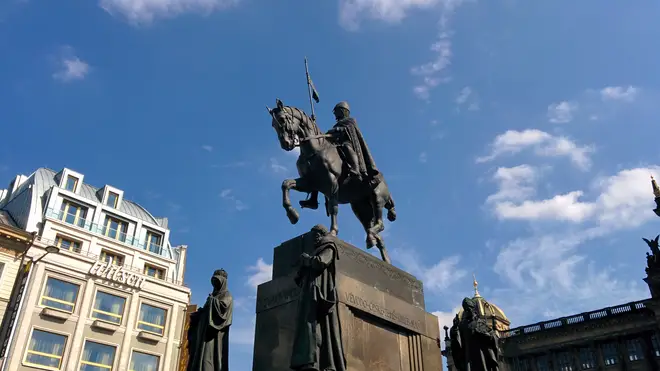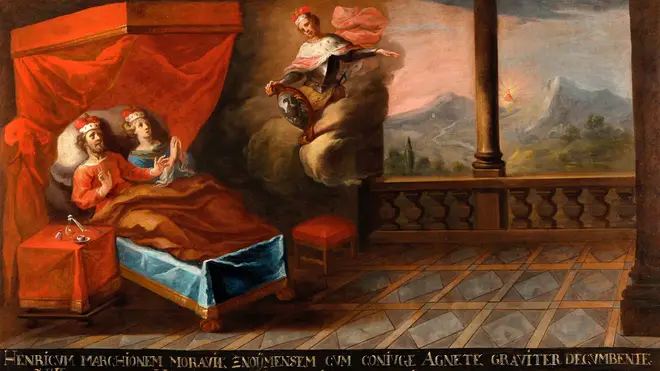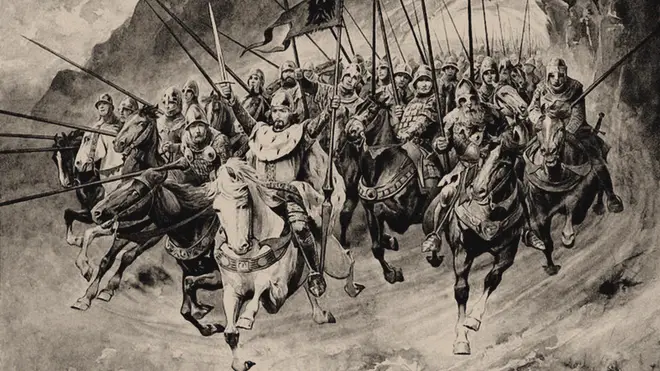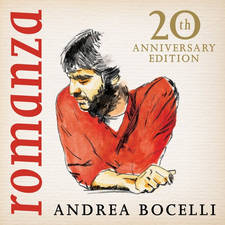‘Good King Wenceslas’: what are the lyrics and real story behind the Christmas carol?
20 December 2022, 11:53 | Updated: 20 December 2022, 12:06

This is the real story behind one of today’s best-loved carols...
‘Good King Wenceslas’ may be one of the most popular Christmas carols ever written – but the story behind it is bizarre and gruesome.
The man we know as ‘Good King Wenceslas’ was actually Wenceslaus I, Duke of Bohemia. He was also known as Vaclac the Good, or Svatý Václav in Czech and lived from c.907 to 28 September 935.
And the reason we have his exact date of death is that he was assassinated – on the orders of his brother, appropriately named Boleslaus the Cruel.
Read more: The 30 greatest Christmas carols of all time

Young Wenceslas
Wenceslas didn’t come from Christian stock: his grandfather had been converted to Christianity by Saints Cyril and Methodius. And his mother was the daughter of a pagan tribal chief – though she was baptised before she was married.
When young Wenceslas’ father died there was a power vacuum: the young boy’s mother was banished and his grandmother killed by assassins – it is said she was strangled with her own veil.
But once the dust had settled, the people of Bohemia decided they’d like Wenceslas to be their ruler. His mother ruled as regent until young Wenceslas reached the age of 18… at which point he promptly banished her.
And when he came of age he banished his mother. To try and avoid disputes, the country was split in two and half given to Wenceslas’ younger brother, Boleslaus.
Read more: What are the lyrics for ‘God Rest Ye Merry, Gentlemen’?
The assassination of Wenceslas
But Boleslaus wasn’t happy with the set up and in September 935 he plotted with a group of noblemen to kill his brother.
The three nobles – Tira, Česta, and Hněvsa – stabbed Wenceslas – before his own brother ran him through with a lance.
We even know the date: 28 September. When Wenceslas was later canonised, this day was made his Saint’s Day.

After Wenceslas’ death
Wenceslas was regarded as a martyr and saint almost immediately after his death but he wasn’t promoted from Duke of Bohemia to King of Bohemia until Holy Roman Emperor Otto I gave him the title posthumously a few years after his death.
People in Bohemia and England in particular began to venerate St Wenceslas. One 12th-century preacher said: “His deeds I think you know better than I could tell you; for, as is read in his Passion, no one doubts that, rising every night from his noble bed, with bare feet and only one chamberlain, he went around to God’s churches and gave alms generously to widows, orphans, those in prison and afflicted by every difficulty.”
His remains are in St Vitus’ Cathedral in Prague and his Saint’s Day is a public holiday in the Czech Republic.

The legend
There’s also a brilliant legend attached to the statue of St Wenceslas in Wenceslas Square in Prague.
The story goes that if the Czech Republic is in danger, the statue of King Wenceslas will come to life, raise a sleeping army and reveal a legendary sword to bring peace to the land.
So there’s something to think about next time you sing ‘Good King Wenceslas’.
Who composed ‘Good King Wenceslas’?
The words to the carol were written in 1853 by John Mason Neale but the melody is much older – it’s a 13th-century tune called ‘Tempus adest floridum’ in praise of the spring.
The carol was written for the Feast of St Stephen, better known as Boxing Day. And it celebrates the long tradition of charitable giving on the Second Day of Christmas.
It’s become one of the best loved carols ever written – and was even performed by The Beatles.

Good King Wenceslas York Minster 1995
What are the lyrics to ‘Good King Wenceslas’?
Good King Wenceslas looked out
On the feast of Stephen,
When the snow lay round about
Deep and crisp and even;
Brightly shone the moon that night
Though the frost was cruel,
When a poor man came in sight,
Gath’ring winter fuel.
‘Hither, page, and stand by me,
If thou know’st it, telling
Yonder peasant, who is he?
Where and what his dwelling?’
‘Sire, he lives a good league hence,
Underneath the mountain,
Right against the forest fence,
By Saint Agnes’ fountain.’
‘Bring me flesh and bring me wine,
Bring me pine logs hither,
Thou and I will see him dine
When we bear them thither.’
Page and monarch forth they went,
Forth they went together,
Through the rude wind’s wild lament
And the bitter weather.
‘Sire, the night is darker now
And the wind blows stronger;
Fails my heart, I know not how,
I can go no longer.’
‘Mark my footsteps, good my page,
Tread thou in them boldly:
Thou shalt find the winter’s rage
Freeze thy blood less coldly.’
In his master’s steps he trod,
Where the snow lay dinted;
Heat was in the very sod
Which the Saint had printed.
Therefore, Christian men, be sure
Wealth or rank possessing,
Ye who now will bless the poor
Shall yourselves find blessing.









































